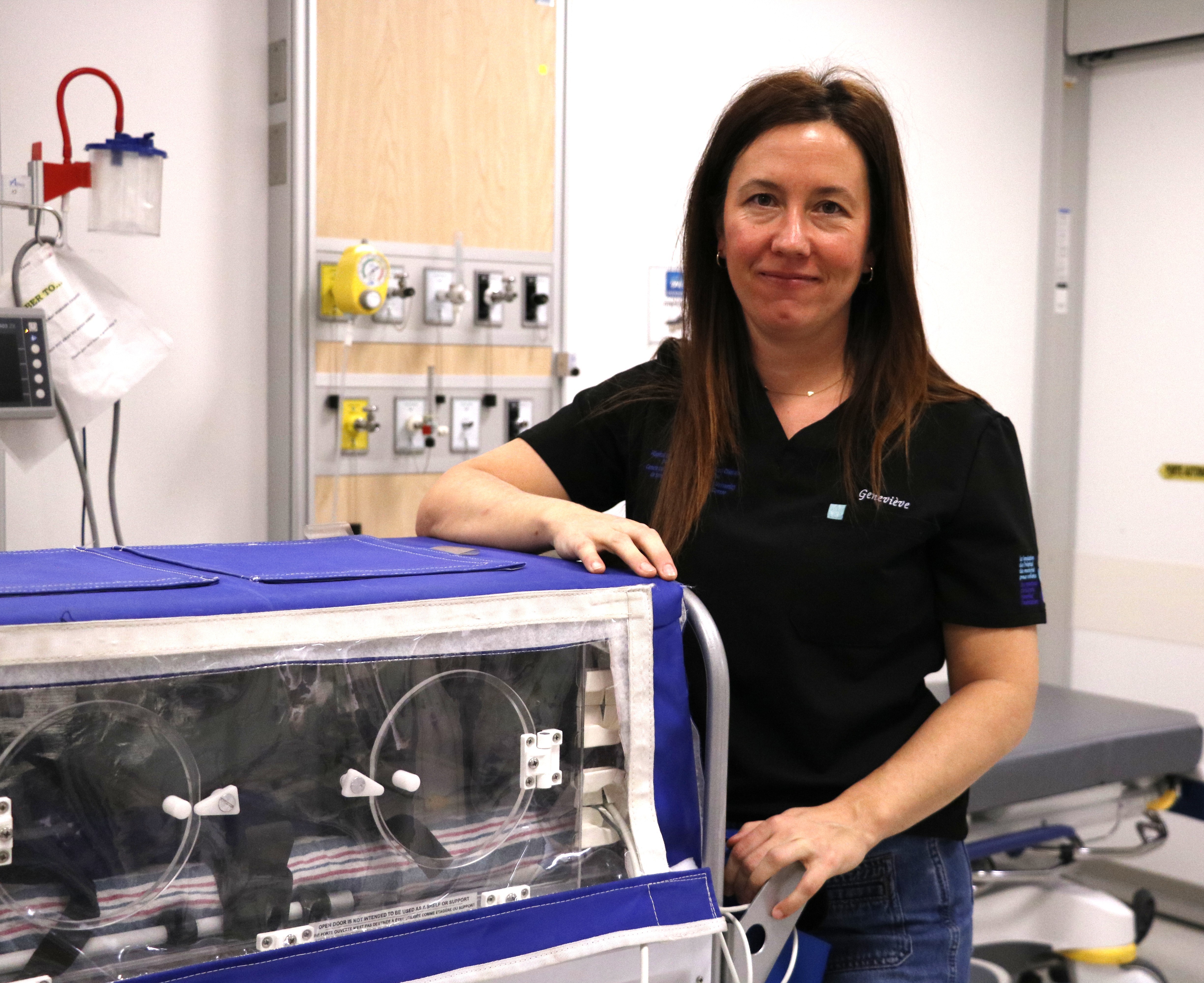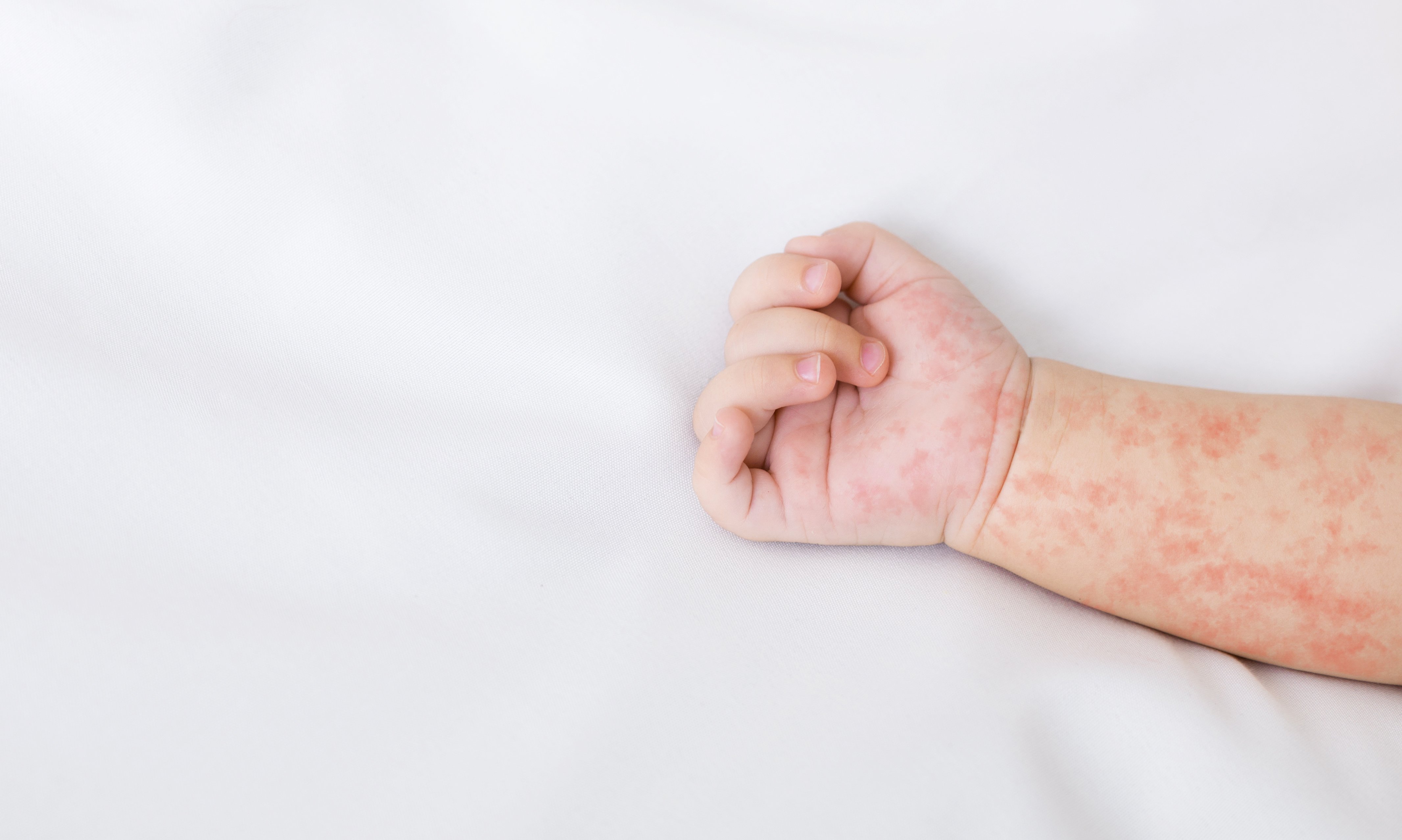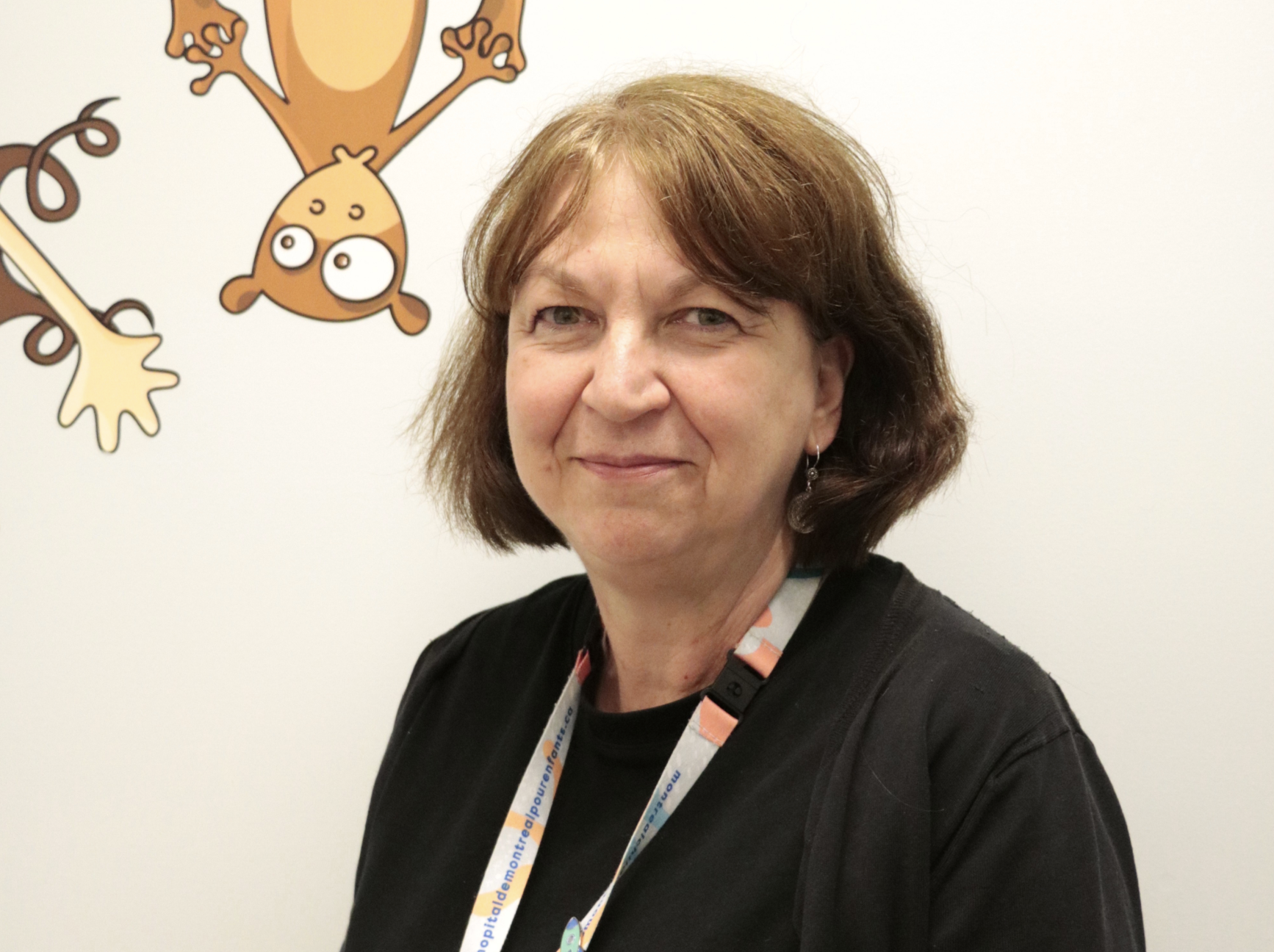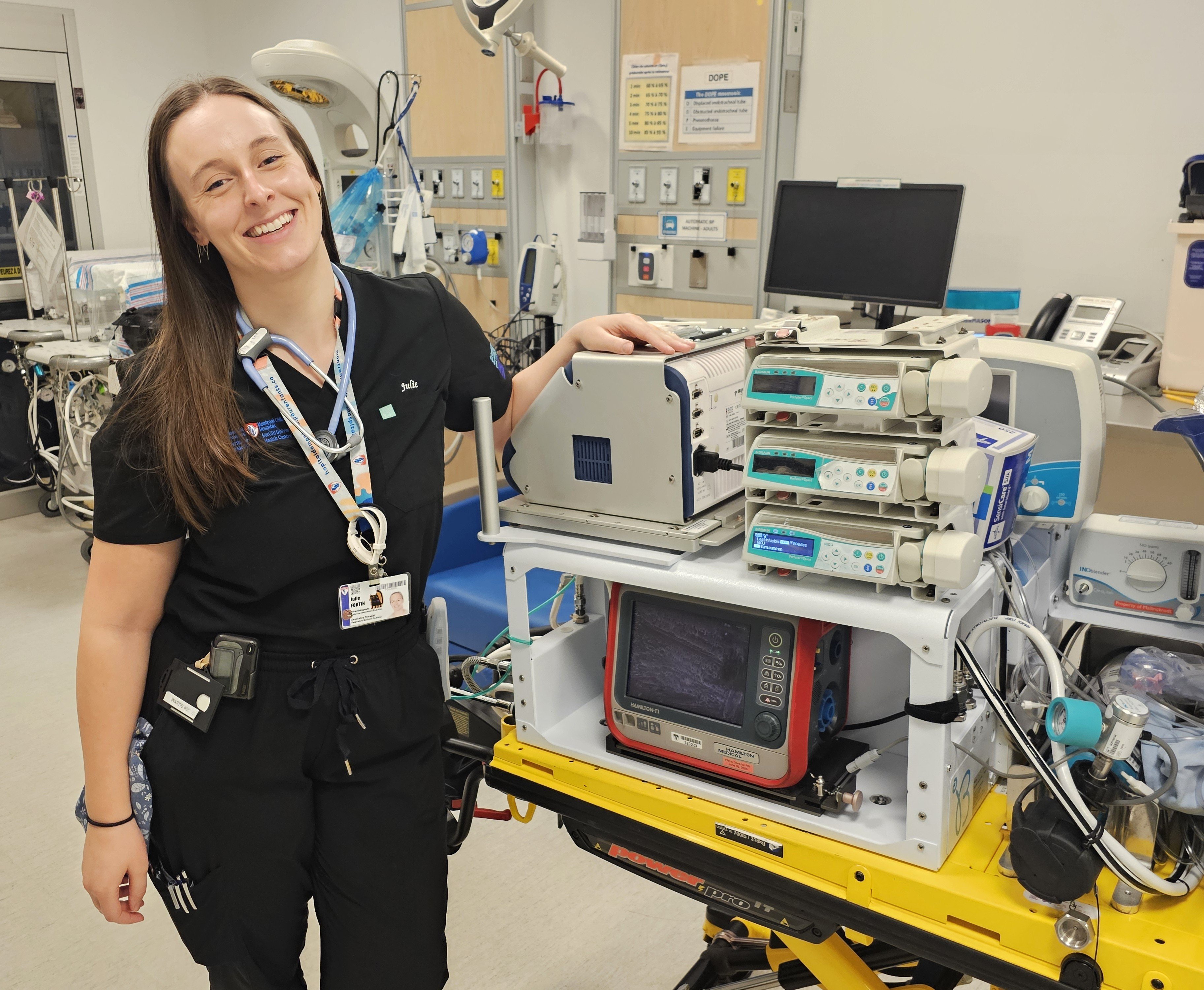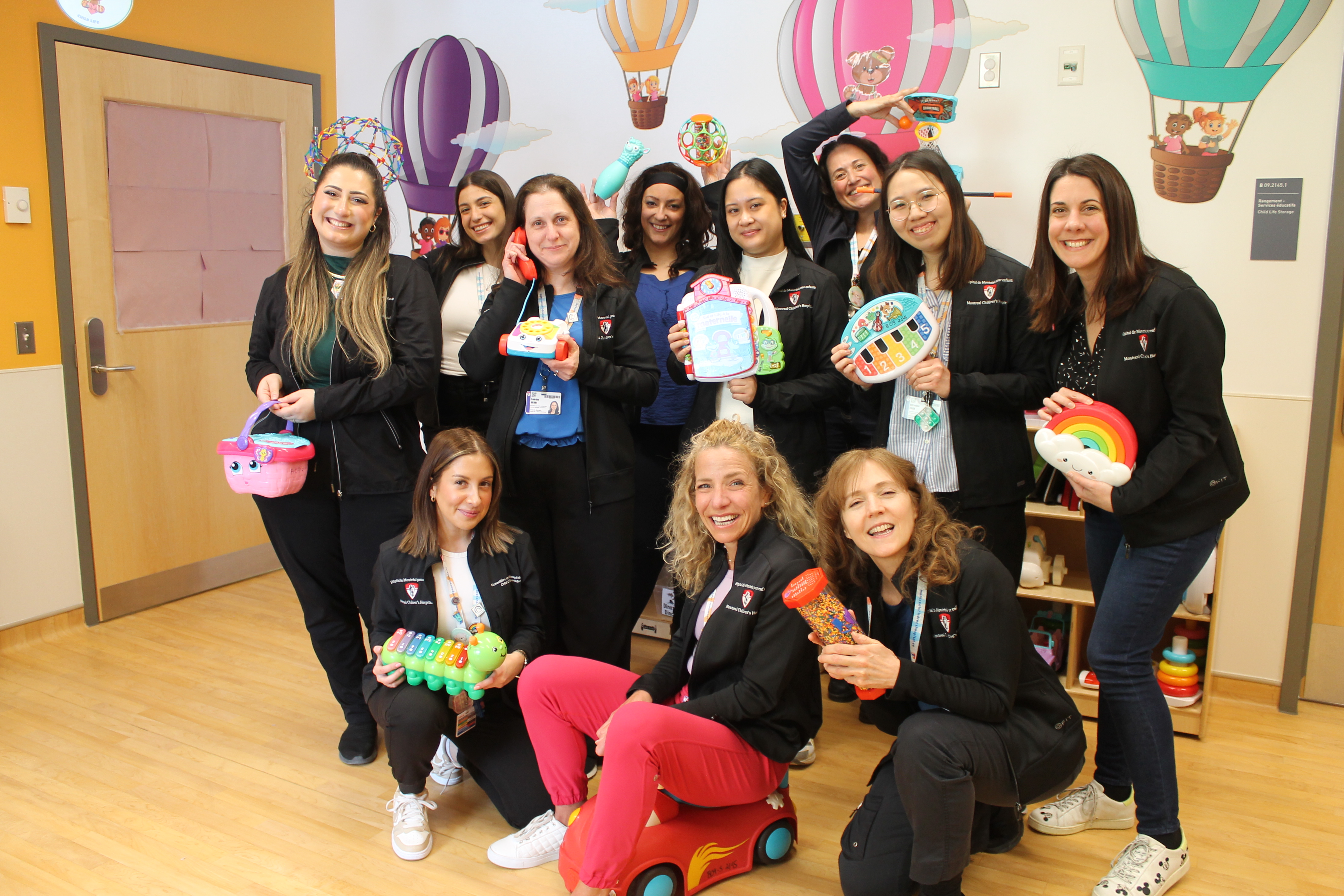
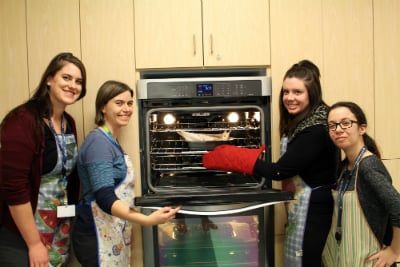
Cooking is good for the soul: MCH psychiatry patients discover new passion thanks to cooking activity
11 February 2016
The patients smile and share a few laughs before moving on with their recipe. Every Tuesday, inpatients and outpatients from the Pediatric Psychiatric Care Program get together and cook. “We pick the recipes and assign cooking tasks depending on a patient’s level of functioning,” says Mélanie Bazin, an occupational therapist on the unit. “The goal is to challenge them, but not overwhelm them.”
How it works
The activity is divided into two groups. Patients either work together in pairs or alongside a staff member. As they enter the kitchen, they are assigned a recipe and begin to prep. “We always assign a main course, side dish and dessert. We help guide them, but the patients are responsible for completing the activity from start to finish,” says Mélanie.
Staff buy the food beforehand, but patients must look through the pantries and refrigerator to find all of their ingredients. A lot of thought also goes into choosing the recipes, because safety and nutrition are always important. “We teach them how to safely use different kitchen tools and utensils and we’re careful about allergies and food preferences,” says Mélanie. “Getting a healthy homemade meal is very comforting.” Each group has an hour to complete their recipe and then everyone gathers in the kitchen for a sit-down meal.
Why it helps
Besides the social aspect, the weekly cooking activity also acts as an assessment tool for therapists. It allows them to observe a patient’s verbal and non-verbal behaviour by evaluating them while they perform a specific task. “This activity allows us to evaluate many aspects of the patient’s progress, such as their capacity to follow directions, independence level, initiative, decision-making skills, concentration, frustration management, problem-solving, coordination, energy level, cooperation and social interaction,” explains Mélanie. “It’s a good assessment tool without the patients feeling like it’s one. It gives us another perspective of their abilities.”
Patients are often very proud of their work and enjoy sharing the meals they prepared; some of them even save a portion to give to their parents when they visit. Mélanie says this sort of activity promotes positive self-esteem and skill-building. Some patients even discover a new passion. “A lot of our patients realize that cooking is fun and they continue to do it once they go back home!”

